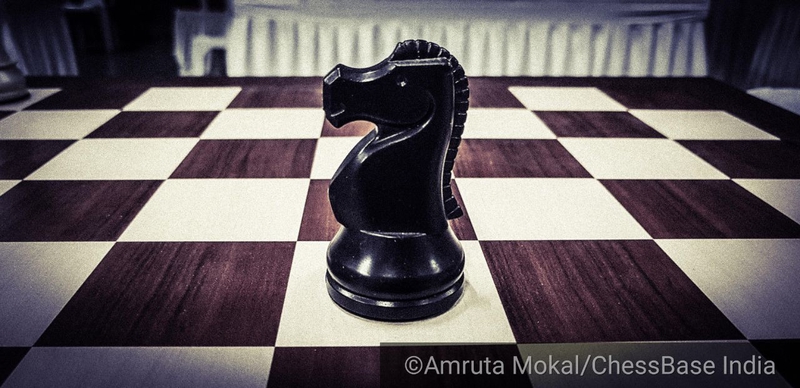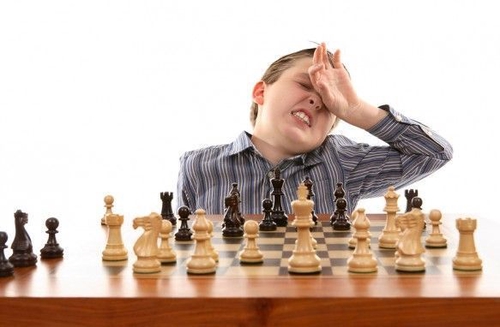
"After a bad opening, there is hope in the middlegame. After a bad game, there is hope for the end of the game." Edmar Mednis
From my childhood I always had a special interest in chess, although I did not understand the game itself, I was impressed by the shape of the movements of each piece and I was very impressed by the way they thought each of the movements before making them.

As in life, in chess the learning in its beginnings is very painful, since we receive many defeats, but in each of the defeats we manage to learn and improve the level.

Comments